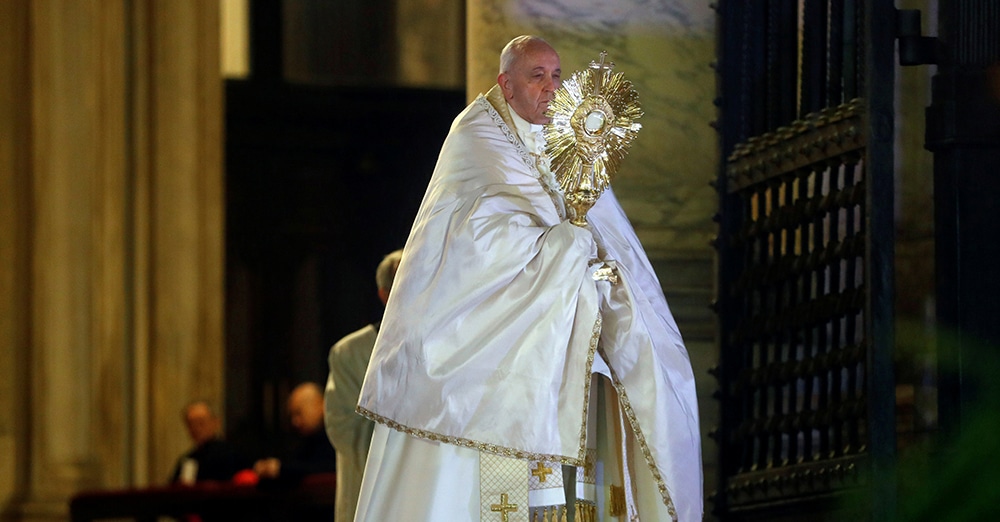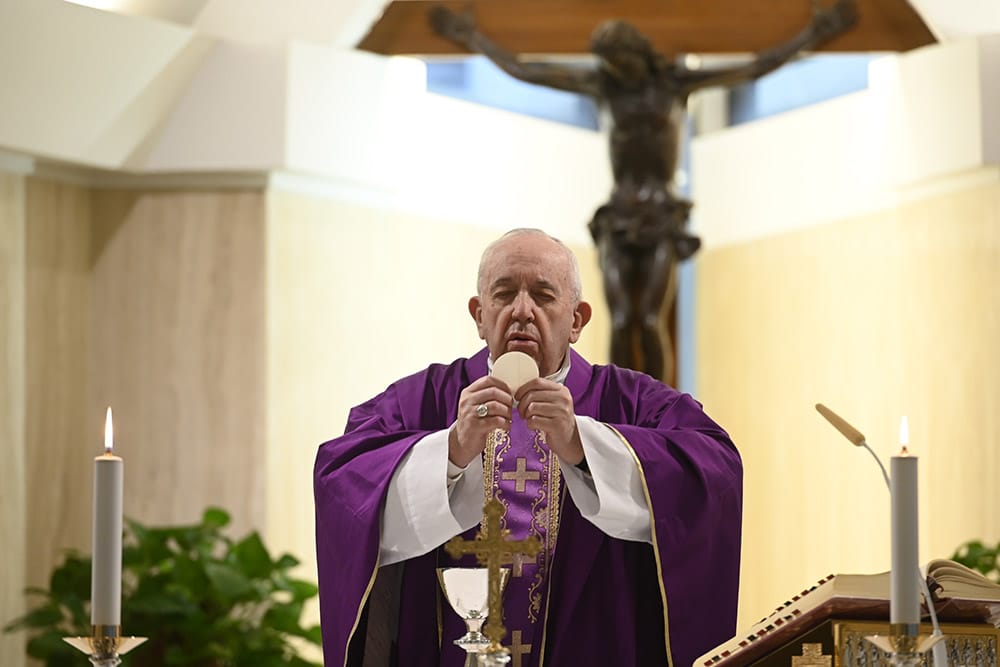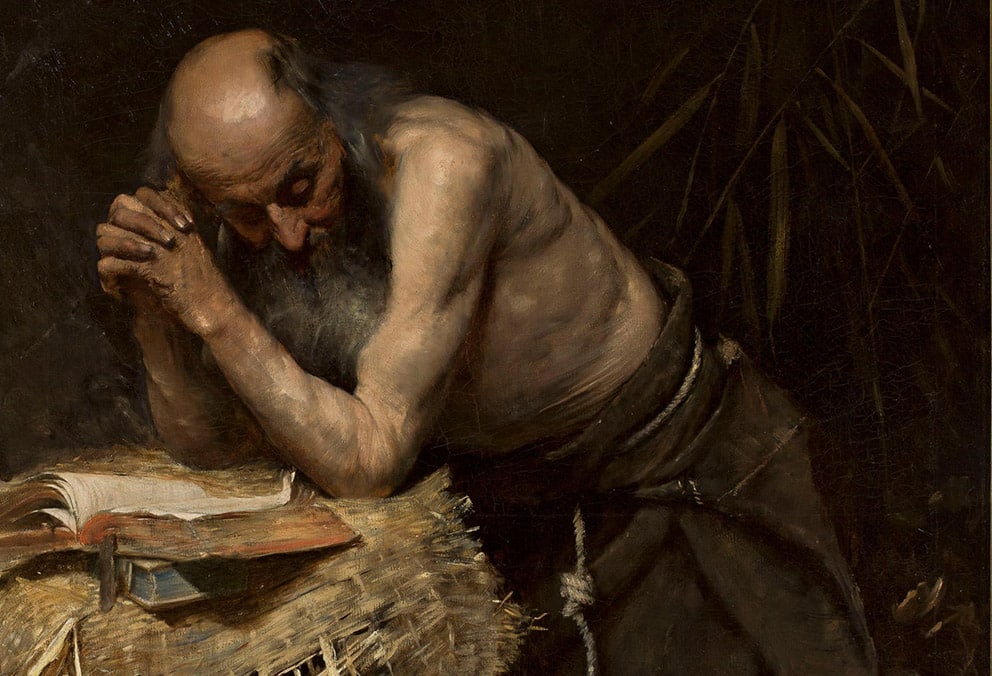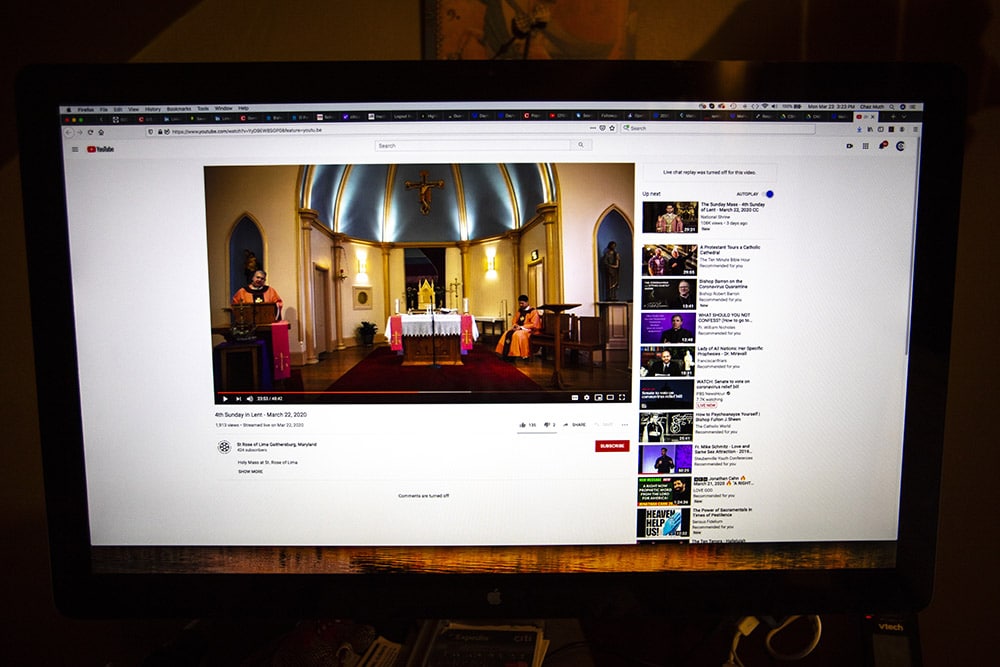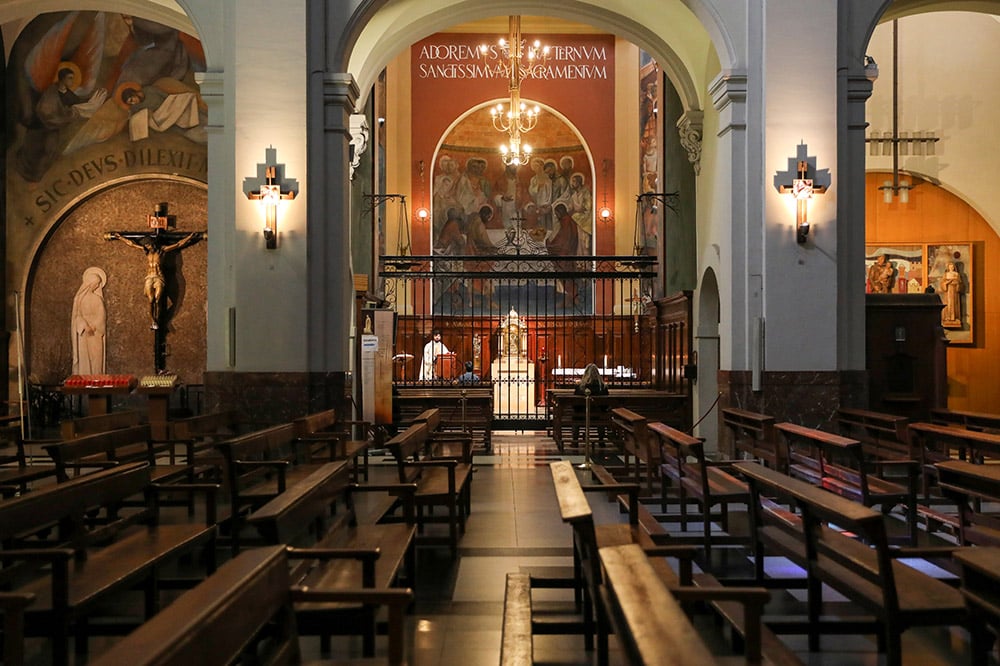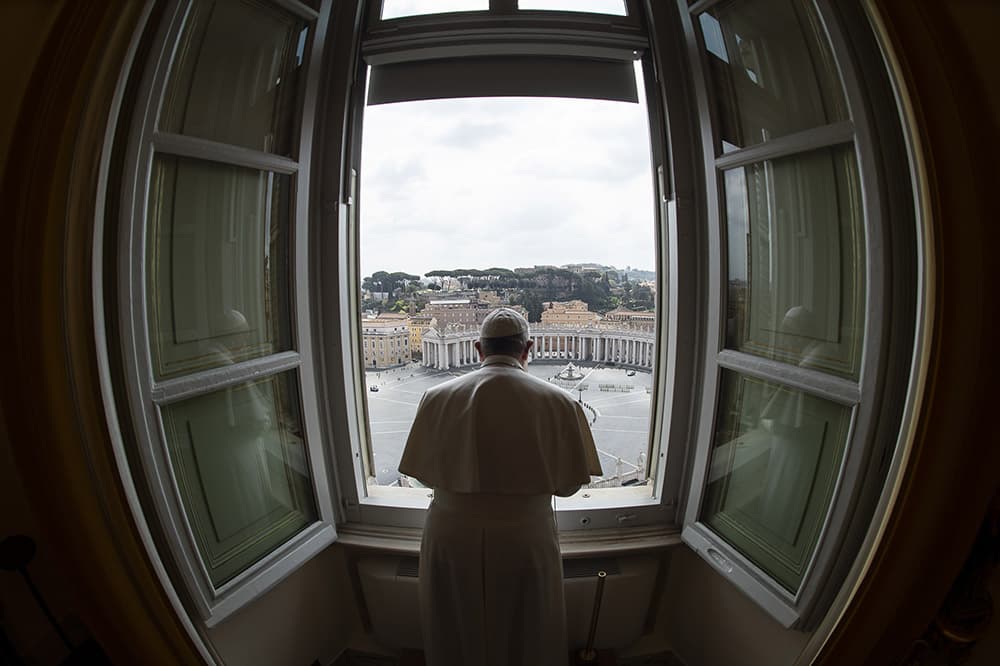With the coronavirus pandemic spreading worldwide, dioceses and parishes around the country are grappling with many issues: spiritual care of the faithful, health considerations and the following of local and national guidelines, and administrative and financial decisions. Along with these real concerns, most bishops, priests and lay ministerial staff find themselves grappling with plans for the upcoming celebration of sacraments. Spring, traditionally the season for the initiation of catechumen, first holy Communions, weddings, ordinations and confirmations, will be very different this year as we await the peak of coronavirus with uncertainty and anxiety.
Rite of Christian Initiation of Adults
On March 20, Cardinal Robert Sarah, the prefect of the Congregation for Divine Worship and the Sacraments, promulgated the “Decree in the Time of COVID-19.” The two-page document issued guidelines and suggestions for the celebration of Triduum liturgies worldwide in light of the need for many dioceses to hold Mass without the physical presence of the faithful. The decree does not offer specific indications for the Catechumenate, mentioning only, among other directives for the Easter Vigil, that “for the ‘Baptismal Liturgy’ the ‘Renewal of Baptismal Promises’ alone is necessary.”
This leaves diocesan bishops in a position to determine how to best move forward with sacraments of initiation. Diana Macalintal, the co-director and co-founder of TeamRCIA.com, an online resource for catechumenate ministry, has been at work alongside her husband and co-director, Nick Wagner, preparing informative videos for communities who may be unable to gather physically during the Triduum because of Coronavirus precautions. Commenting on the Vatican decree, the Team RCIA website offers the advice that, per the Rite of Christian Initiation of Adults, provisions for “Outside of Usual Times” allow the baptism of an adult outside of the Easter Vigil.
Joshua Clemmons, director of faith formation at St. Rita Catholic Parish in the Diocese of Dallas, is awaiting directives from Bishop Edward J. Burns for those candidates awaiting adult confirmation.
“We have a mentality that those in the Order of the Catechumenate are participating with the whole Church in Lent, but it is more accurate to flip it,” Clemmons said. “The whole Church participates in the period of purification and enlightenment via Lent. The pandemic is a shock to the faulty status quo — a kind of forced solidarity with those who are awaiting the sacraments of initiation. In light of the widespread disbelief in the True Presence, a great purification is upon us, and it seems that everyone is urged to penance and spiritual communion. The Church is more truly walking with our RCIA.”
Kevin Lucas Carrillo, an RCIA group member at St. Vincent Ferrer Church in New York City, was anticipating his baptism, confirmation and reception of the Eucharist at the Easter vigil when the pandemic forced the closure of his parish. On March 21, Carrillo, who took Joseph Maximilian as his confirmation name, was fully received into the Church in a private ceremony.
“The coronavirus has made for me what I had planned to be a smooth entrance into the Church, into something sobering that’s made me more appreciate what is being offered to me,” Carrillo said. “I realize more now that no matter how much we plan or idealize how things will be, God is the one in control.”
Alex Roth, a campus minister for catechesis and evangelization at the University of Portland in Oregon, laments the fact that those students who anticipated being baptized at the Easter Vigil in the University’s Chapel of Christ the Teacher font, surrounded by loved ones and peers, will not have this moment. The campus is closed, as are many of their home parishes. That being said, Roth and his team continue weekly catechesis sessions following their livestreamed Mass and are encouraged by the deepening engagement of those they serve.
“Even if they won’t be receiving the sacraments of initiation at this time,” Roth said, “I’ve been so encouraged to see they’re continuing to spend time with each other on Sundays (and otherwise!) to pray, support one another and explore the goodness of Catholic life and faith.”
Martha Danks-Ferguson serves as director of adult education at St. Anthony of Padua Catholic Church in the Diocese of Fresno, California. Having accompanied RCIA candidates and elect for more than 40 years, Danks-Ferguson is acutely sensitive to the spiritual needs of those journeying toward their Easter sacraments.
“In my work with RCIA,” Danks-Ferguson said, “I am aware of those who were so looking forward to their initiation at the Easter Vigil. They are anxious. They are asking, ‘Will we still receive baptism?’ It was a challenge for me to let go of the richness of the scrutiny Gospels in these days right before initiation. I am wondering how to adapt those stories so they don’t just miss out.”
Spring Sacraments
At St. Bruno Church in Whittier, California, Father Dave Heney reports that the Archdiocese of Los Angeles has not yet fully closed parishes but is limiting visits and liturgies to fewer than 10 people. The pastor has celebrated a few baptisms of infants and children since Archbishop José H. Gomez suspended public Masses amid the current health threat due to COVID-19. Families anticipating first Communions in May have been updated that the parish is awaiting directives from the archdiocese.
Father Heney, author of the new book “Luke 10 Leadership,” finds himself employing tools such as videos to urge his community against fear and despair. “A disease of the heart and soul is far worse than a disease of the body,” he encourages.
Deacon Greg Kandra, author and blogger at thedeaconsbench.com, serves in the Diocese of Brooklyn, New York, where churches have been ordered closed. For the moment, baptisms and confirmations have been postponed by mandate. He calls the situation disorienting and frustrating, sharing that “the charism of the diaconate is to serve people — to be with them, to help them. It’s a ministry of service and of presence, and that’s been taken away from us. I find myself looking for other ways to serve — online, for example, through my blog and my writings. I also think, perhaps, we as deacons need to be thinking beyond the present crisis, to the one that will inevitably follow. If economic predictions are accurate, there will be a lot of people in need very soon, and we have to be prepared for them and need to start thinking creatively of ways to minister to them.”
At Church of the Nativity in Timonium, Maryland, Father Michael White has limited baptisms to individual events with fewer than 10 people in attendance. He and his pastoral staff are supporting families looking forward to first Communion with online preparation programs and faith formation.
Deacon Sean Smith, a transitional deacon and a member of the priest ordination class of 2020 for the Archdiocese of Dubuque, Iowa, is anticipating his scheduled May 23 ordination. On March 13, Deacon Smith and his fellow seminarians at Mundelein Seminary were directed to return to their home dioceses. Uncertain as to how his ordination ceremony will take place, Smith said: “For several months I have been praying very intentionally for the people and parishes that I will serve as a priest. The coronavirus pandemic has only intensified that prayer that I might serve the people well, especially during the difficult times ahead. I’m living at our minor seminary in our archdiocese, so I continue to have a regular rhythm of prayer and study.”
Faith lessons amid uncertainty
As she awaits directives for RCIA in the Diocese of Fresno, Danks-Ferguson, who also works actively with the elders of her parish, finds herself pondering those at the margins of the crisis — the elderly, the sick, those without shelter or basic needs — as she anticipates what is yet to come.
“I hurt for those who are afraid and without resources,” she said. “I hope they can lean on Jesus and their faith communities. I wonder what the casualties of the pandemic will include. It is very difficult for me to imagine. My hope is that we, the faithful, will come charging back into our churches as soon as we are allowed and celebrate knowing Jesus as we’ve never celebrated before! We will be hungry for the Eucharist like never before. We will recommit to being community together with intense vigor. As we look to regain a new ‘normal,’ may we be mindful of the patience and kindness and compassion which we are learning in these weeks.”
Lisa Hendey writes from California.


